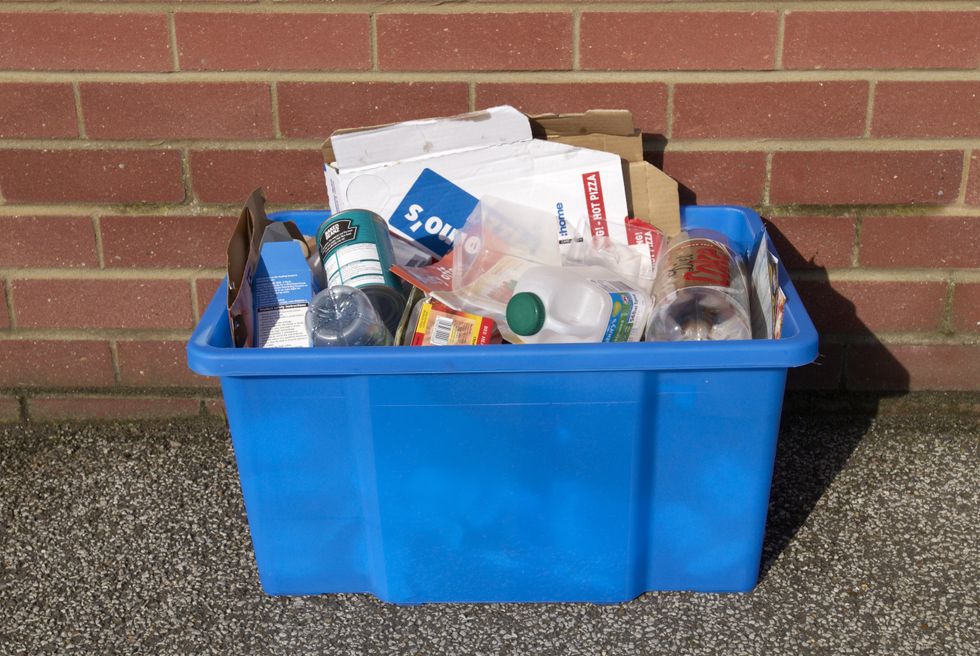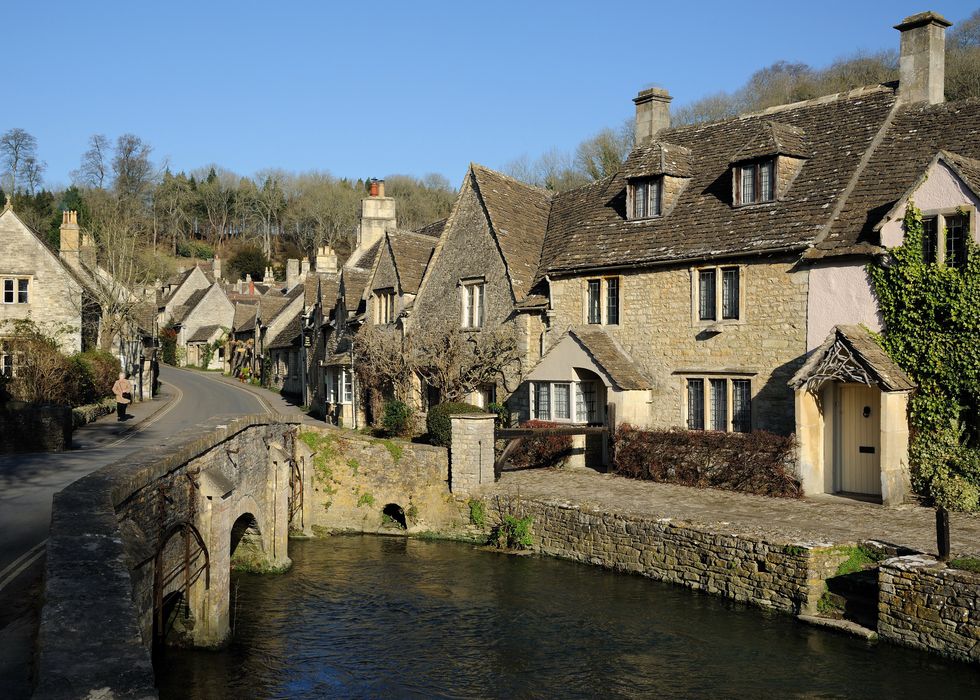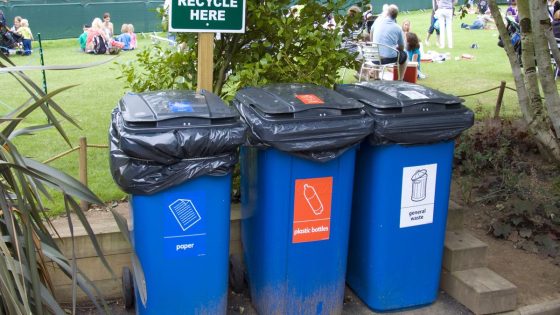A council has made homeowners split their rubbish into 10 different bins for rubbish and recycling.
Cotswold District Council has the highest number of separate rubbish categories across all the UK counties, according to a survey run by the Taxpayers’ Alliance.
Possible categories, which go up to 11, include general waste, dry mixed recycling, food waste, paper and card, garden waste, glass, plastics, batteries, textiles, waste electrics and coffee pods.
Households in the area are normally issued with seven different containers, including an inside bin for kitchen rubbish.
Cllr Mike Evemy, deputy leader of Cotswold District Council said: “Our recycling rate is one of the best in the country. We provide seven containers to our residents for them to be able to recycle a wide range of materials as well as collect their residual waste. This is comparable to many councils across the country.
“This allows residents to separate food waste and recycle materials including small electrical items, batteries and clothing at the kerbside – a service that not all councils provide.”
He said that in other counties, residents have to travel to designated recycling points rather than having the ease of simply sorting their waste in the comfort of their own homes.
“We believe this not only helps us recycle more but also provides a better service to our residents,” he concluded.
LATEST DEVELOPMENTS:
The survey, based on responses to Freedom of Information requests, found that 70 per cent of councils charge for the collection of garden waste.
John O’Connell, chief executive of the TaxPayers’ Alliance, said: “Councils across the UK are placing an enormous burden on households through the often mind-bogglingly complex system of waste separation. Bin collection is one of the key services taxpayers fund yet in large parts of the country, it’s the residents themselves responsible for much of the heavy lifting.
“Recent proposals to simplify the system should be fully enacted across the whole of the United Kingdom.”
Other councils with 10 types of bins include Blaenau Gwent and Merthyr Tydfil in Wales – making it the nation with the highest number of waste types at six.

The previous Government said they would not introduce laws on a minimum bin allowance and would instead leave it up to each council to decide what the appropriate amount was
Getty

Cotswold District Council has one of the highest number of different rubbish categories in the UK
Wikimedia Commons
Gosport in Hants has just two – the fewest bin collection options in the UK.
The previous Government said they would not introduce laws on a minimum bin allowance and would instead leave it up to each council to decide what the appropriate amount was.
Households can be fined up to £80 for repeatedly failing to properly recycle, but only if they did it on purpose.
Taxpayers’ Alliance said that it was unacceptable that local authorities expected individuals to sort out their own waste in light of soaring council tax rates – it has risen by £106 for the average D band property.
A spokesman for the Department for Environment Food and Rural Affairs said: “We are committed to reducing waste and increasing recycling rates whilst making this process simpler for the public.
“Further announcements on delivering the recycling reforms will follow in due course.”
Source Agencies



